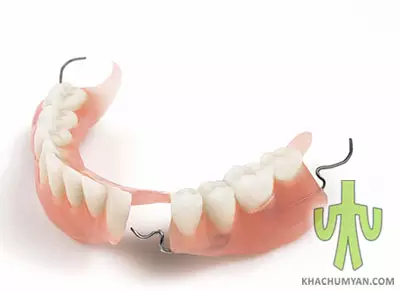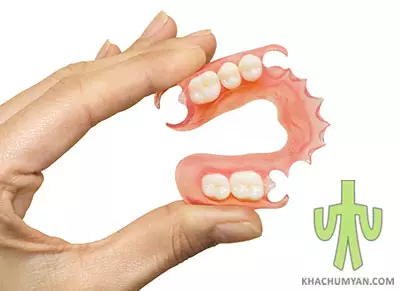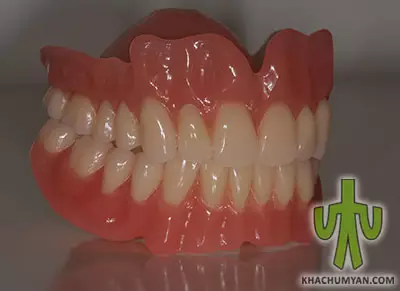 People lose teeth at different ages and there are several reasons for that.
People lose teeth at different ages and there are several reasons for that.
- First of all, indifferent attitude towards your own health
- Second, long-term illnesses that cause poor oral hygiene
- Third, mental disorders, which can also lead to poor hygiene
Modern dentistry allows eliminating defects associated with the teeth: restore a beautiful smile and as a result gain confidence. All this is possible due to dental prosthetics. When a person is fully able to chew, smile, and communicate with friends, the quality of life increases. Unfortunately, dentistry can not change a person's lifestyle, as well as habits, to guarantee the long usage of both their own and artificial teeth. To get such a result, only the knowledge and skills of the doctor are not enough, the patient must cooperate with the doctor, too. Otherwise, the result will not last long.
Types of removable prostheses
Depending on the type of defect in the denture, there are several types of prosthetics:
- Partial removable prosthesis
- Complete removable prosthesis
The main difference between complete and partial removable dentures is that full removable dentures are made in the case of patients adentia (complete absence of teeth) and partial removable dentures in the absence of one or more teeth.
Partial removable prostheses
 К частично-съемным, относятся следующие виды протезов:
К частично-съемным, относятся следующие виды протезов:
- Plastic
- Nylon
- Bugel
Partial removable dentures are fixed both directly to the gums and to the teeth with the help of special hooks. The base is made of special hypoallergenic plastic, and the artificial teeth are usually made of plastic, composite and ceramic.
Nylon prostheses
 These prostheses are quite thin, flexible, and transparent, which is very important for having a beautiful smile.
These prostheses are quite thin, flexible, and transparent, which is very important for having a beautiful smile.
Complete removable prosthesis
 Removable prostheses are quite easy to use. These prostheses only need to be removed for the purpose of cleaning the prosthesis. It needs to be cleaned after each meal. If this is not possible, you can limit yourself to cleaning twice a day, but not less.
Removable prostheses are quite easy to use. These prostheses only need to be removed for the purpose of cleaning the prosthesis. It needs to be cleaned after each meal. If this is not possible, you can limit yourself to cleaning twice a day, but not less.
Remember, even the highest quality prosthesis will last longer if you take care of it properly. You can always go to the dentist for proper care. The specialist will explain how to properly care for both your own teeth and artificial constructions and will help you choose the right oral hygiene products.



